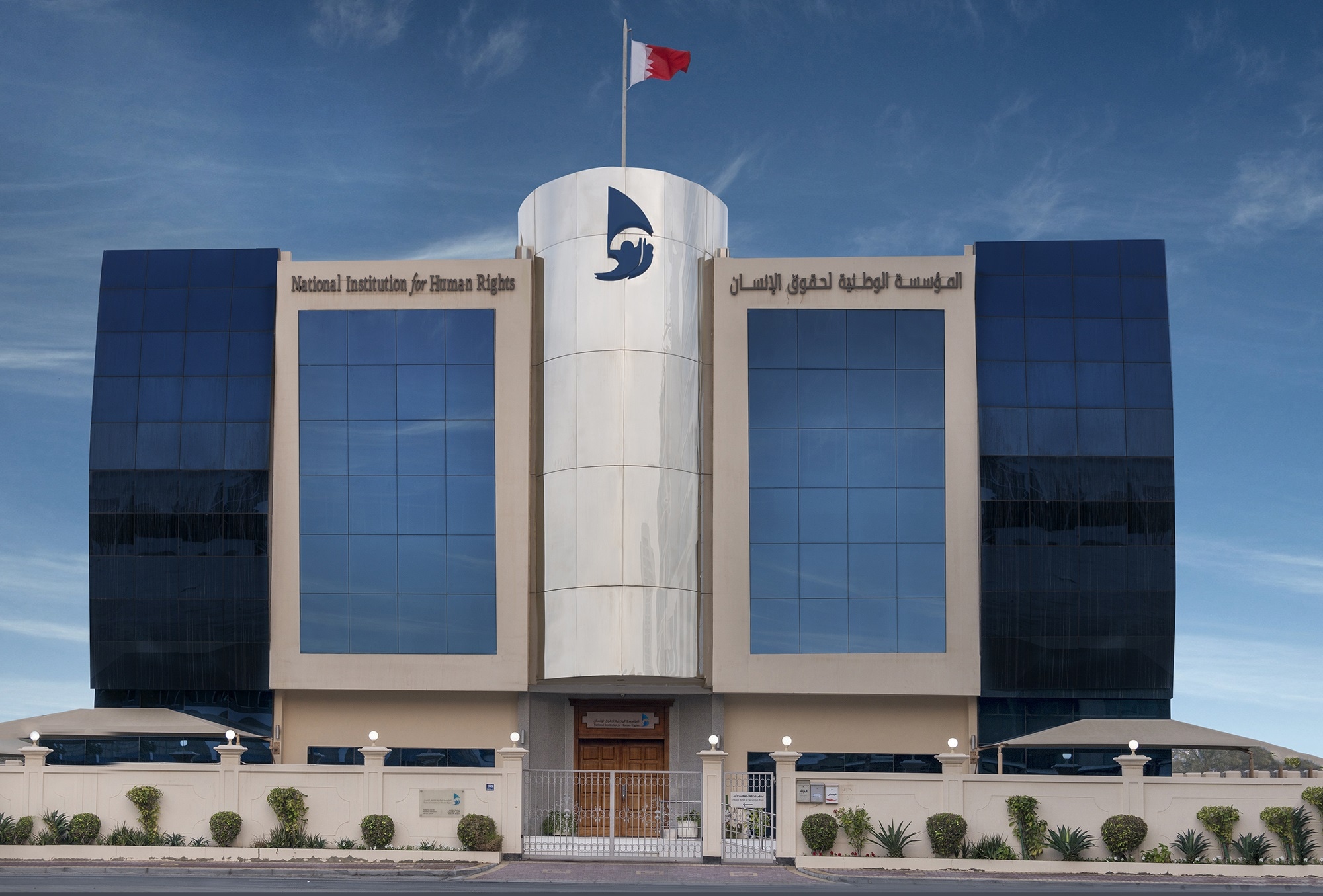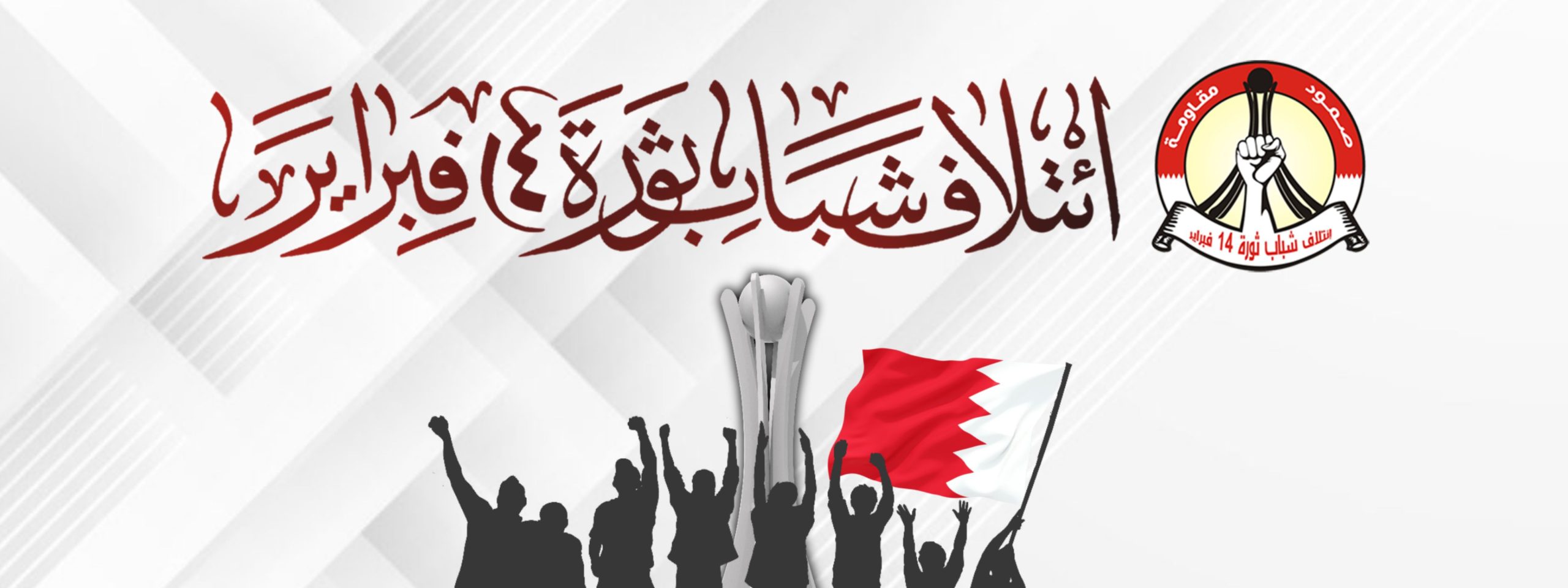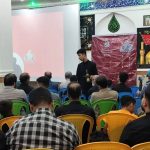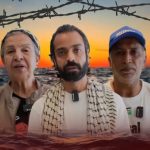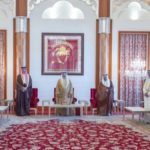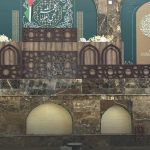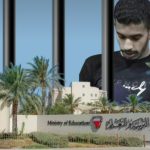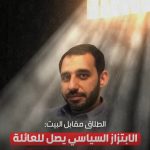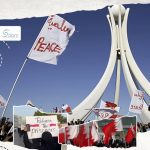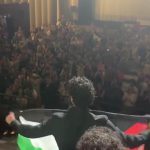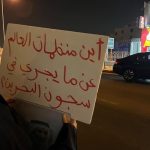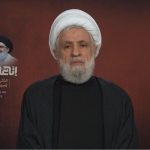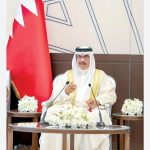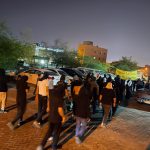The administration of Jaw Prison has recently increased its pressure on
political detainees by cutting off electricity and water to some buildings as a
form of retaliation for their continued sit-in protests. This has led to cases of
fainting among the detainees, especially with the extreme heat.
Furthermore, the so-called “National Human Rights Institution” has sent a
delegation to visit the prison, claiming that its aim was to learn about the
situation. According to private sources, the representatives of the detainees
addressed the following points in this meeting:
– During its previous visit, the institution promised to bring a doctor to
examine the sick detainees. However, the doctor didn’t come, didn’t see
any patients, and didn’t provide any medication. In fact, one of the
detainees had undergone head surgery and fainted on the night of the 9th,
but the prison officers prevented medical assistance from reaching him. – The electricity is cut off, the air conditioners are not working, there is no
water for service or drinking, and the meals are delayed and sometimes
even withheld. – A question for the institution: How can it claim that the detainees cut off
the electricity and turned off the air conditioners? Is this believable when
electricity is available in Building 6 where the criminal detainees are held,
but cut off for the political detainees? And the damage that the prison
administration alleges was caused by the detainees is actually the work of
the maintenance teams.
– For 10 years, the electricity and water have never been cut off, and
suddenly, during the month of Muharram, they are. When the detainees
asked the officer about it, he said that restoring them requires higher
orders, which confirms that there is no malfunction as the institution claims.
While the detainees were conveying their situation to the institution’s
delegation, one of the mercenaries mocked and laughed at them in an
attempt to provoke and incite them into a conflict. This was a deliberate act
by the administration to portray the detainees as rebellious if any conflict
arose, according to the detainees’ representative.
– A second question for the institution is why the delegation refused to
enter the wards and meet the detainees face-to-face to verify their
discipline and refute the prison administration’s false claims that the
buildings are uninhabitable due to detainee vandalism. The detainees are
protesting because these buildings are inherently uninhabitable and lack
the basic necessities of life.
– Sick detainees are transferred to Building 2, which houses individuals with
infectious diseases and drug addicts, and they are confined there without
electricity as well. – The prison lacks basic living conditions, as evidenced by the martyrs who
ascended there due to the bad conditions and deliberate medical neglect.
The danger is imminent for the sick detainees, who are deprived of
treatment, and the officers who withhold treatment from them are
responsible for their well-being. – The institution’s statements favor the prison administration and are
against the detainees, aiming to pressure them into ending their sit-in for
their demands, which they will not relinquish no matter what plots the
regime devises against them. – The administration deliberately cuts off drinking water during the month of
Muharram as a reflection of the sectarian policy of the regime. Each year, during Muharram, the prison administration increases its pressure on the
detainees. – The institution had previously broken its promises made months ago to
the detainees. Instead of improving conditions in the prison, the situation
has worsened. – The prison administration does not follow any laws and it is the one that
needs to be regulated by laws; not the detainees. Basic laws, such as
granting a sick detainee the right to medical treatment or allowing them to
bid farewell to deceased family members, are in place but are not enforced. – The administration deliberately delays the distribution of meals, which
arrive at the prison early but are not served to the detainees on time. This
exposes the food to insects and heat, potentially leading to spoilage.
– From the first to the fifth of Muharram, only one to three meals were
delivered to the buildings, while food distribution is supposed to be handled
by the cooks, some mercenaries deliberately interfere with this process and
provoke the detainees with obscene language targeting their mothers. One
time, a detainee rejected this abuse, leading to a verbal altercation with a
person named “Toufik,” which was captured on camera. A report was
written claiming that the detainee initiated the confrontation with the
mercenary. – During the meeting, a doctor arrived to examine the patients but refused
to enter the corridor, citing “security reasons.” He insisted on examining the
patients outside.
– “Mr. Reda” was asked to come from inside because his brothers had filed
a complaint and wanted to check on him. He has been deprived of contact
with them for 100 days. Additionally, he is sick and has had an allergy for
about two months, but has not yet seen a doctor. Throughout his 7 years of
detention, the doctor has only listened to his suffering without examining
him, and has prescribed medication based on his verbal descriptions. – The detainees refuse to go to the clinic because they are transferred to
isolation from there. Detainee “Hassan Radi” in Building 8, has only one
kidney and is vomiting blood. A few hours later, they brought him an
ambulance, but he refused to be transferred to avoid being kidnapped to
the isolation building. This drove the responsible officer to promise to return
him to his building, but he broke his promise and instead transferred him to
Building 2.
– Regarding communications, the administration claimed technical issues
and similar excuses, but detainees exposed this as false. A single guard
could take the detainees’ cards and recharge them, allowing them to
contact their families.
Special Report: Details About the Political Prisoners’ Meeting with the Delegation of the So-Called “National Human Rights Institution”
